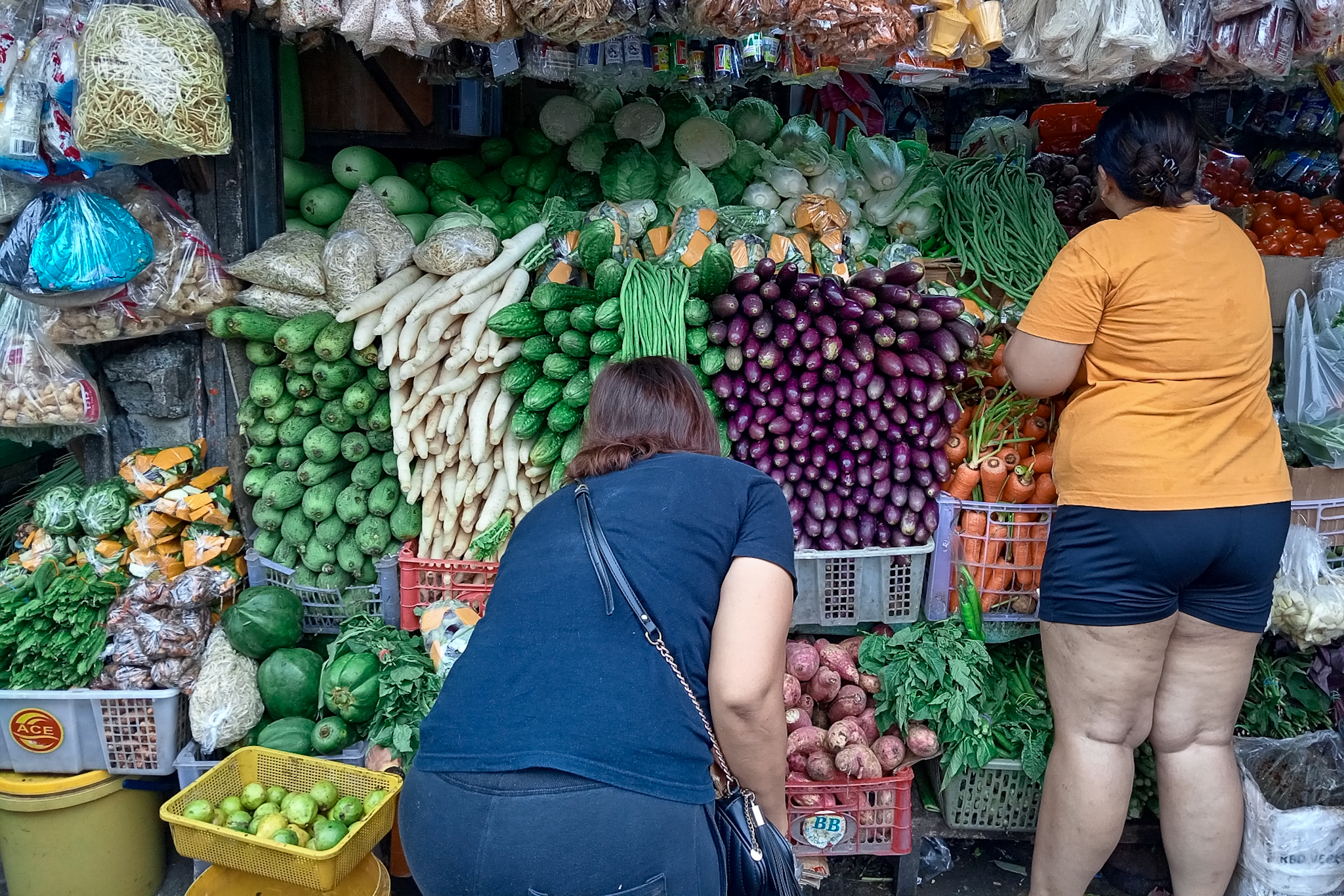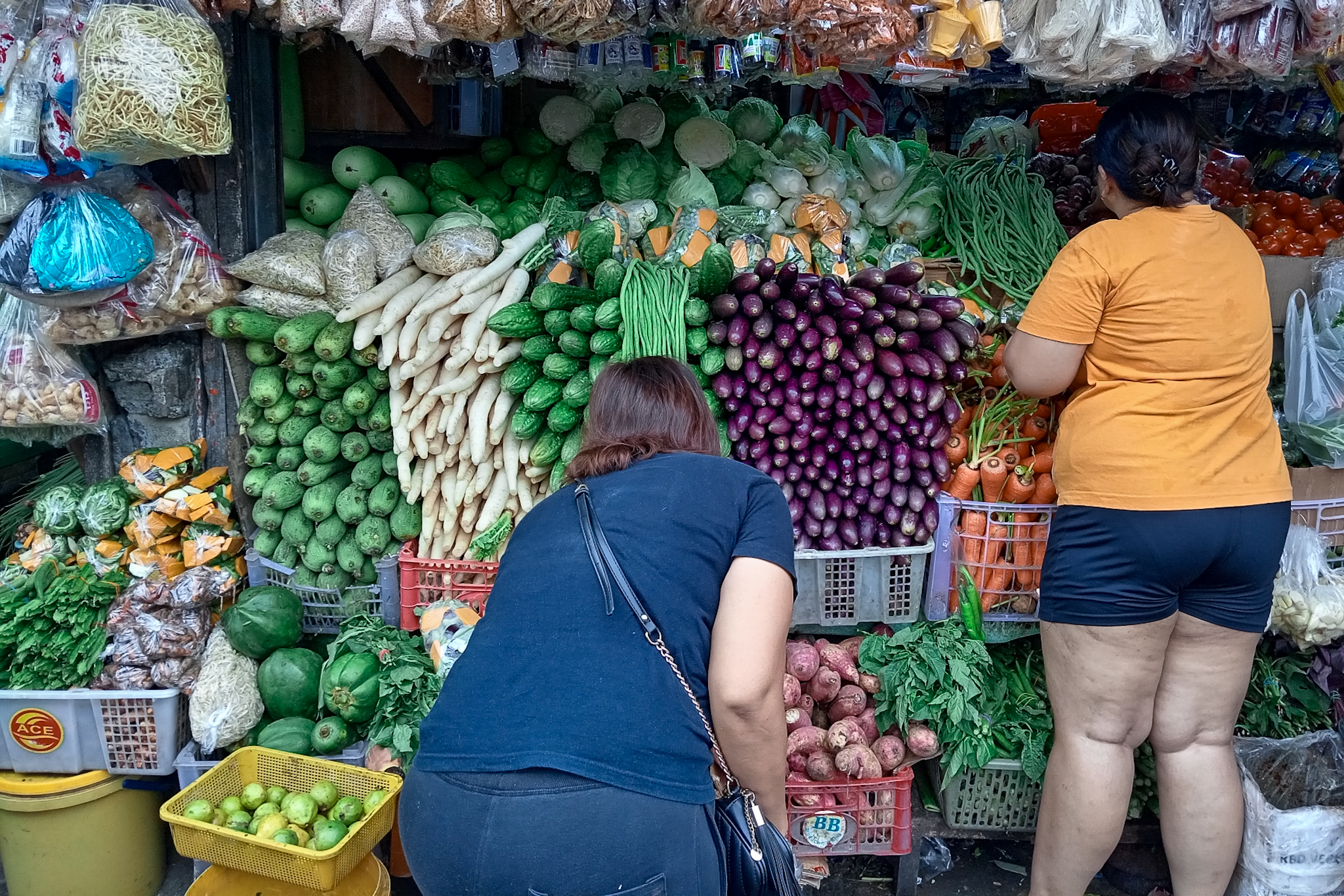
Researchers from the College of Science in the University of the Philippines at Diliman (UPD-CS) conducted a recent study. Where it revealed the presence of Escherichia coli (E. coli) in a significant number of vegetable samples collected from urban farms and wet markets in Metro Manila.
The study, led by Dr. Pierangeli Vital, found that 13.60% of the 419 vegetable samples tested contained E. coli, a bacterium commonly found in the feces of humans and animals. The overall prevalence was higher in urban farm samples compared to those from wet markets. The researchers identified several factors contributing to the contamination in urban farms.
Dr. Vital explained that using untreated water sources increased the risk of bacterial contamination. These sources include rainwater, pond water, and well water for irrigation in urban farms. Additionally, animals like dogs, cats, and chickens live in these farming areas. They further contribute to microbial contamination of the soil and water.
The study’s findings highlight the importance of implementing proper food safety practices in urban farming. By adopting measures like thorough post-harvest processing, the risk of E. coli contamination can be significantly reduced. Using clean water for irrigation is also crucial. Controlling animal access further minimizes the risk.
The researchers emphasized the need for continued surveillance of food borne pathogens. They also stressed the development of national standards for pre- and post-harvest microbial food safety in agriculture. They urged consumers to practice proper food handling at home. Cooking techniques should be followed carefully to reduce the risk of food borne illnesses.
Urban farming is becoming increasingly popular in the Philippines. It is crucial to focus on food safety to protect public health. By addressing the factors contributing to E. coli contamination, policymakers and farmers can work together to guarantee the safety of fresh produce from urban farms.




